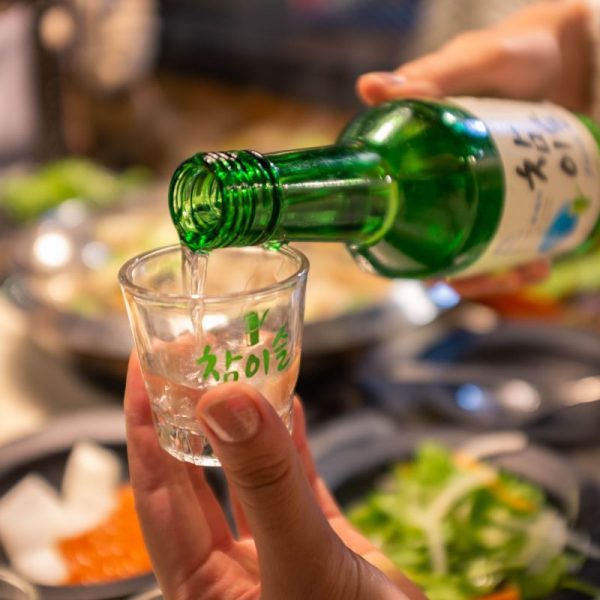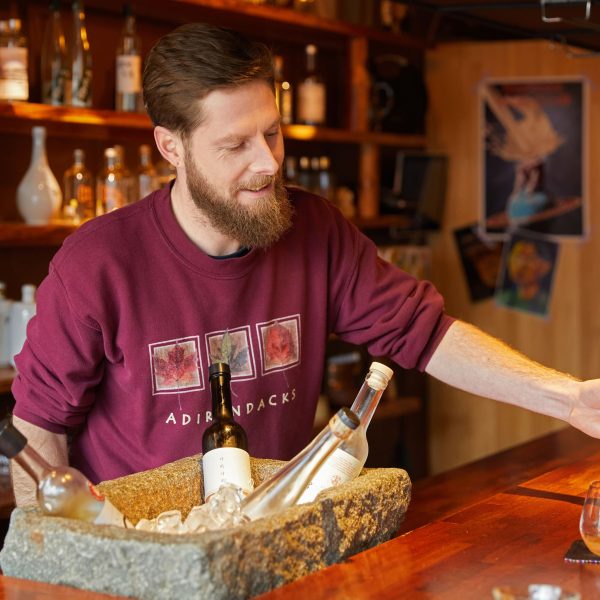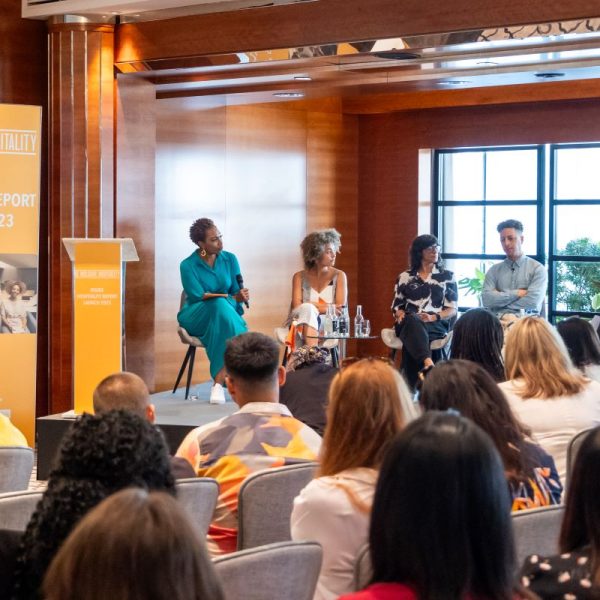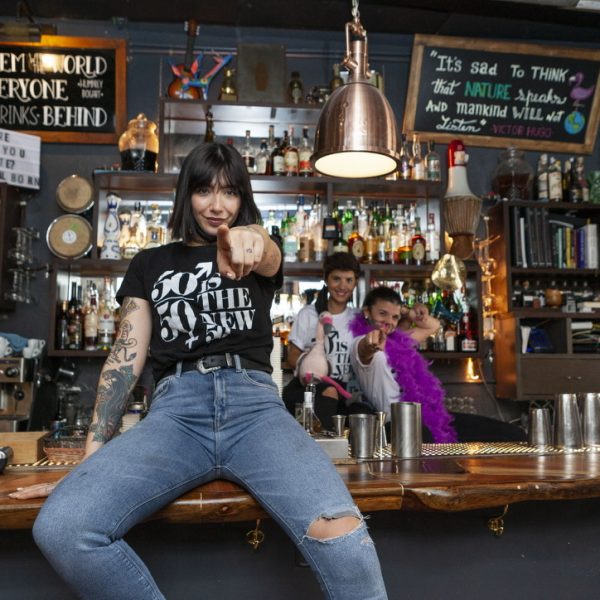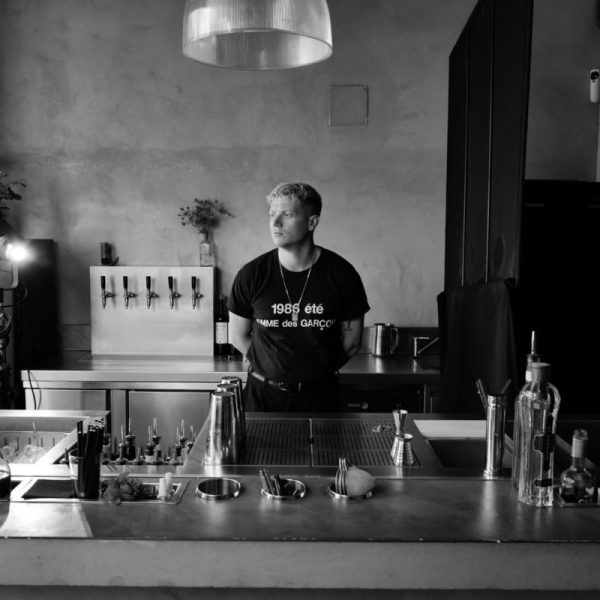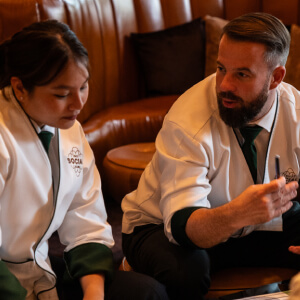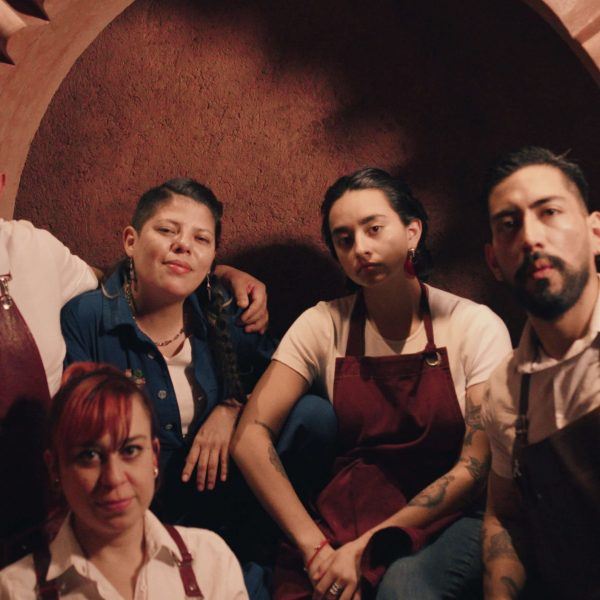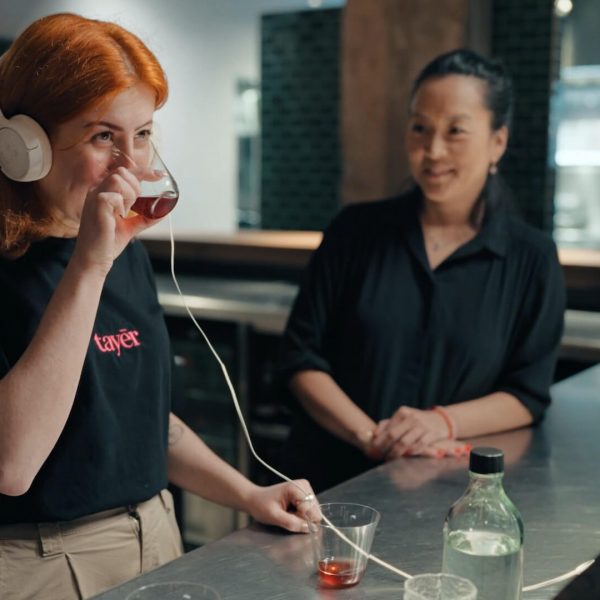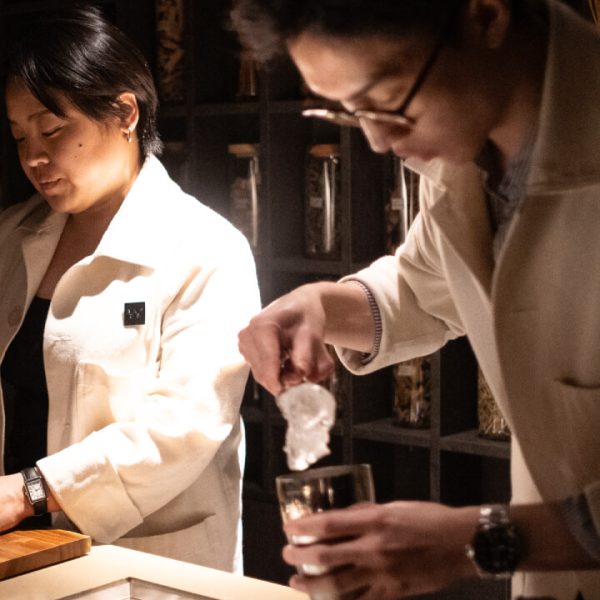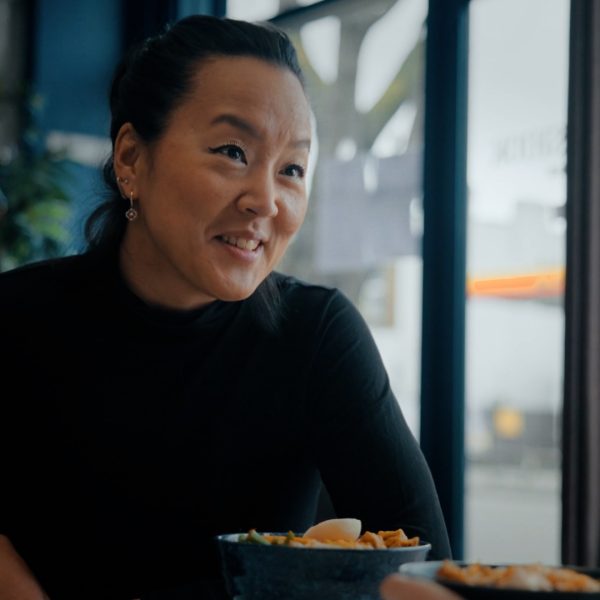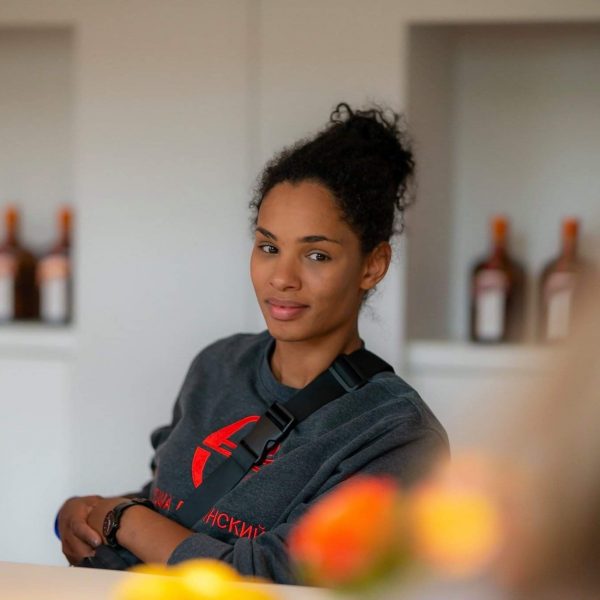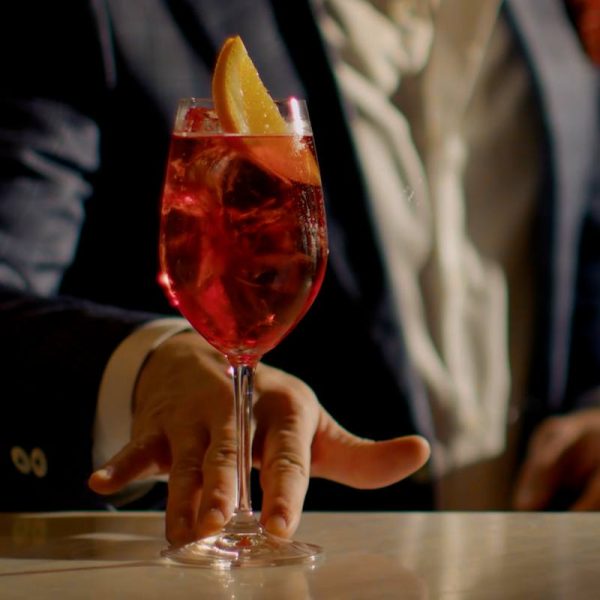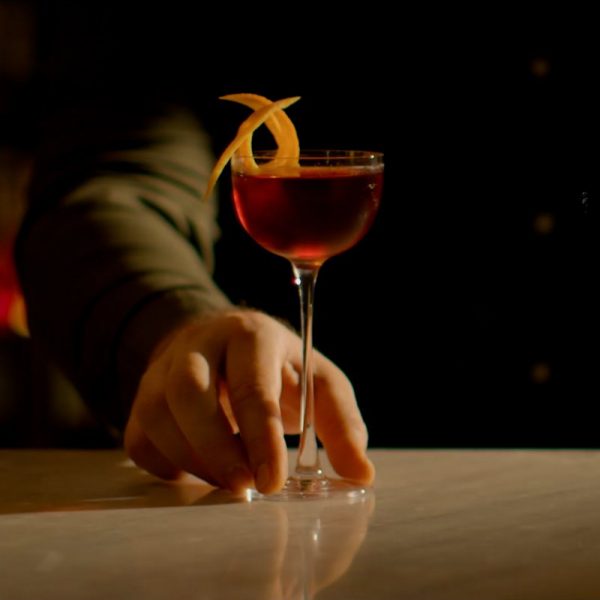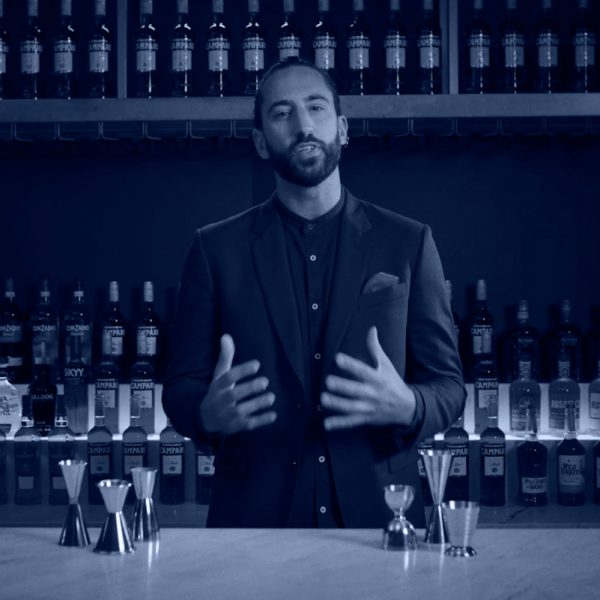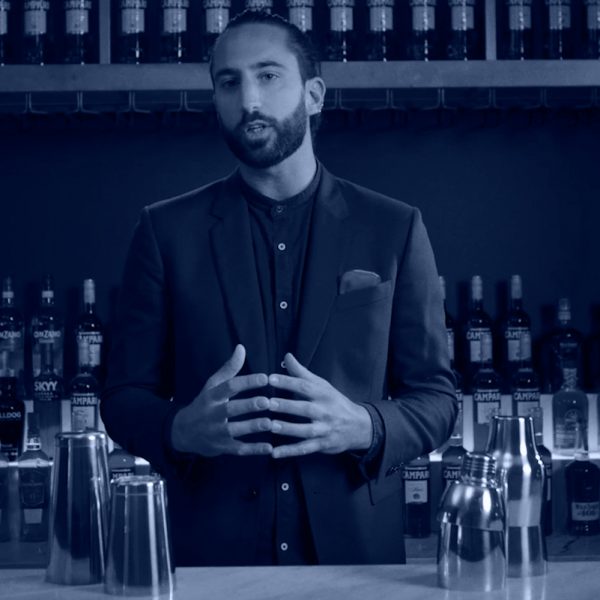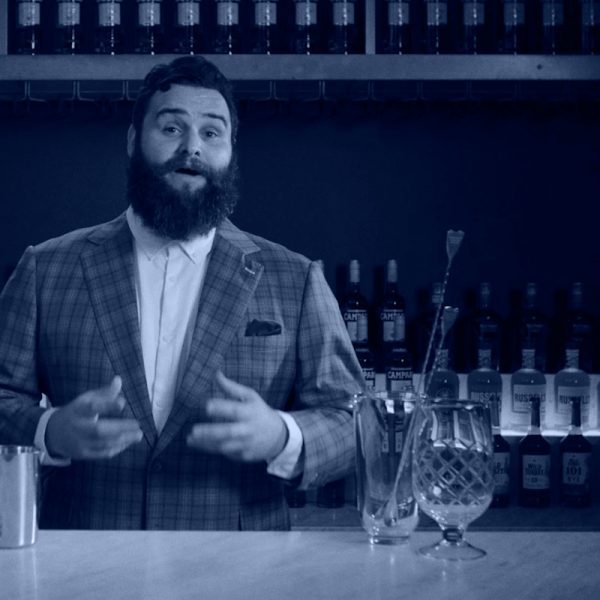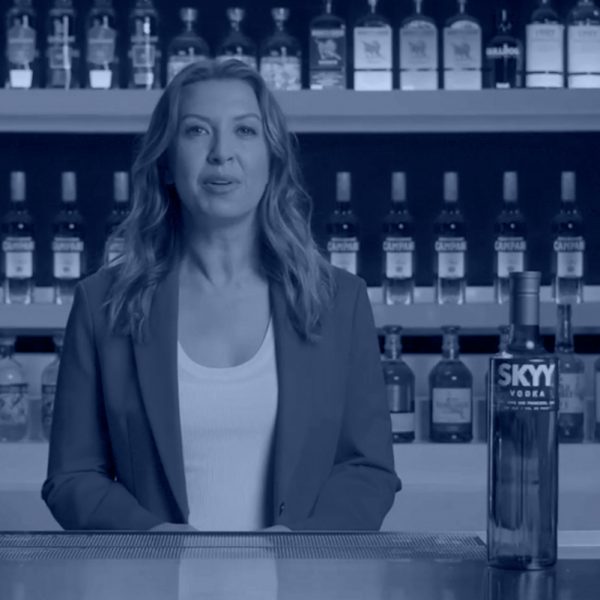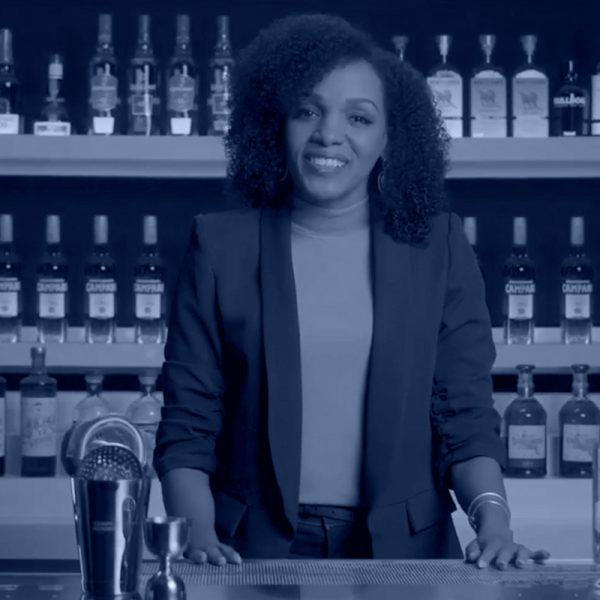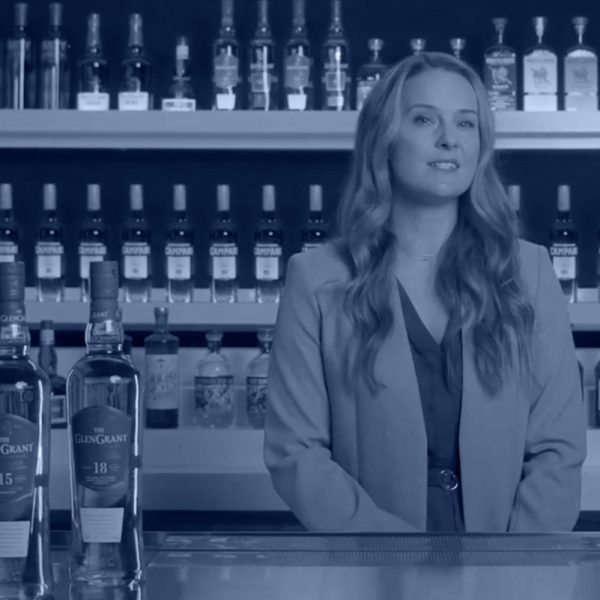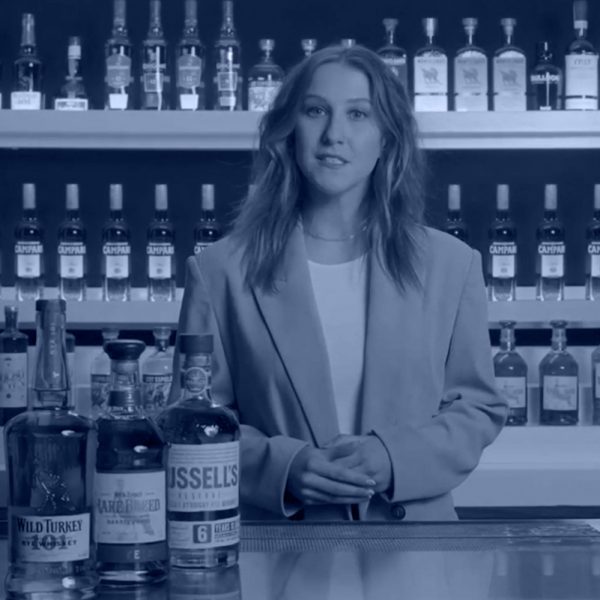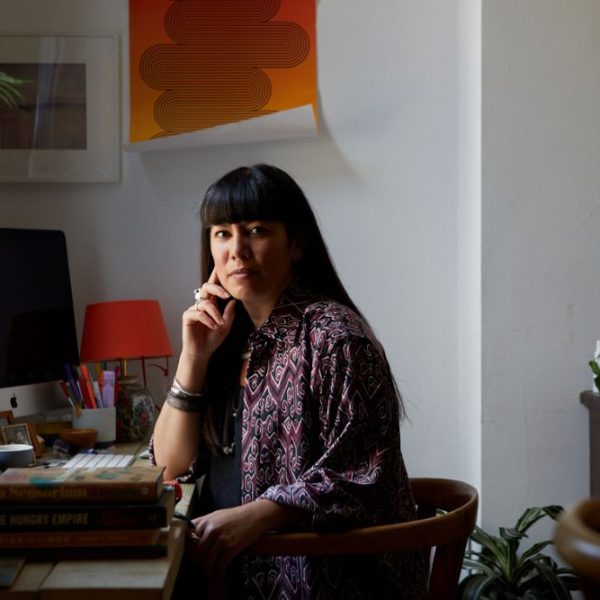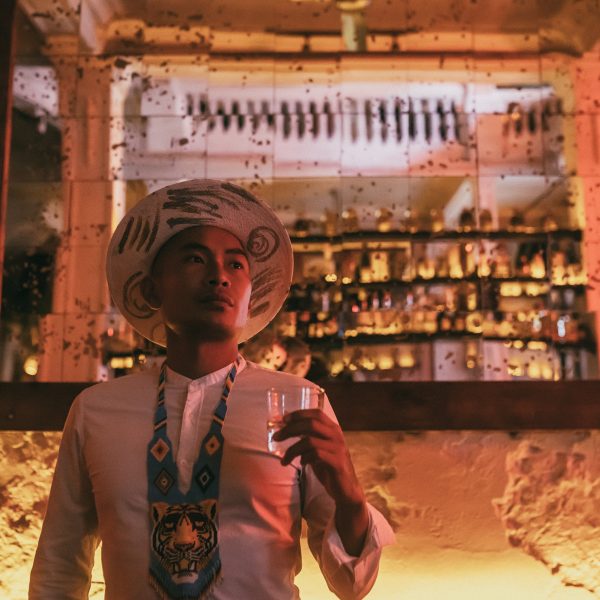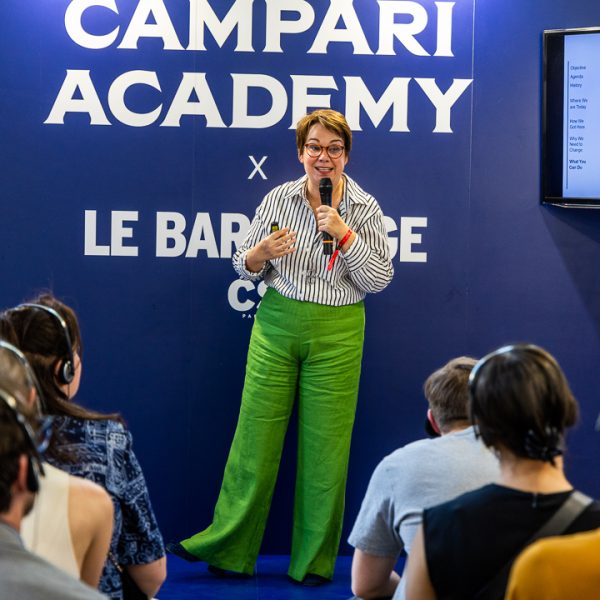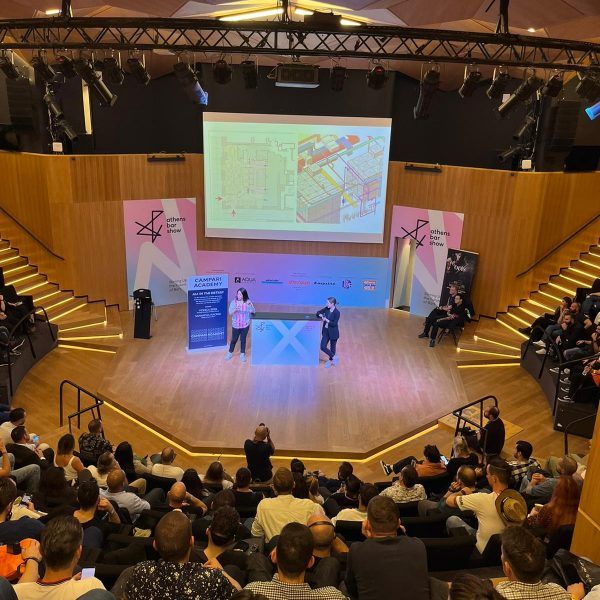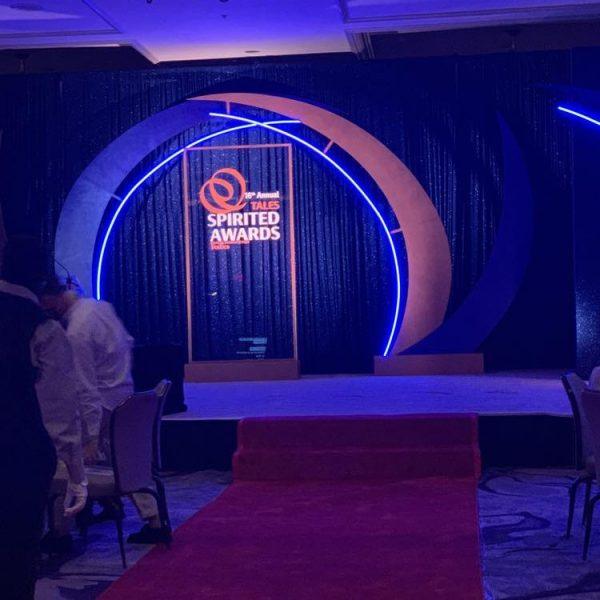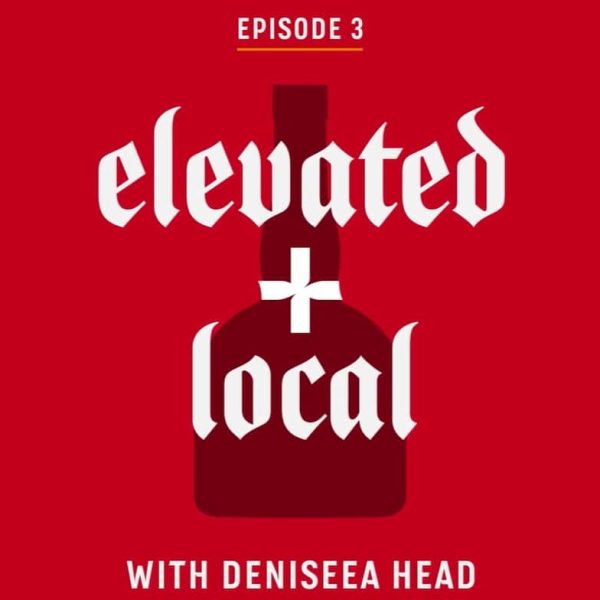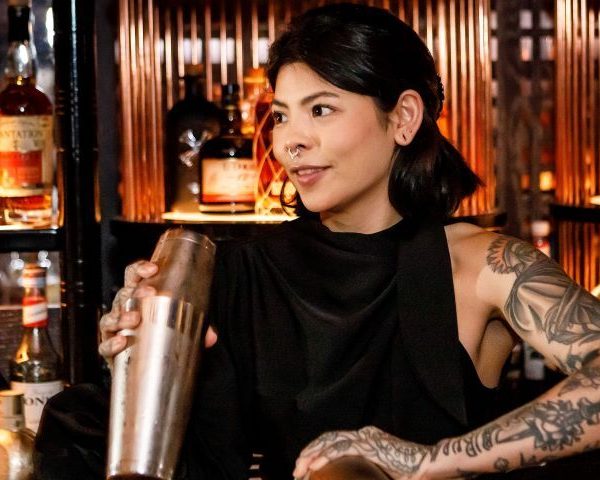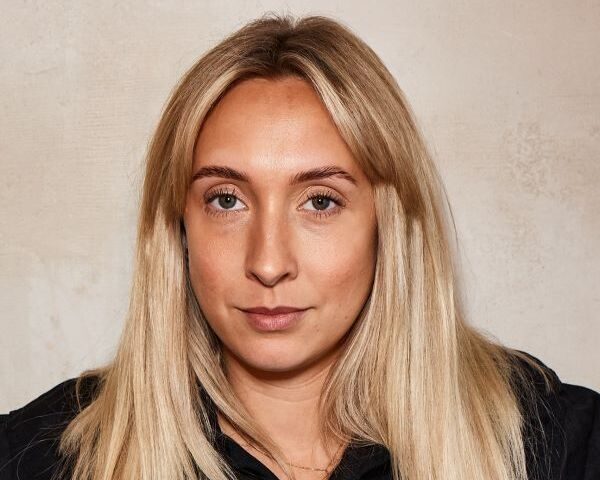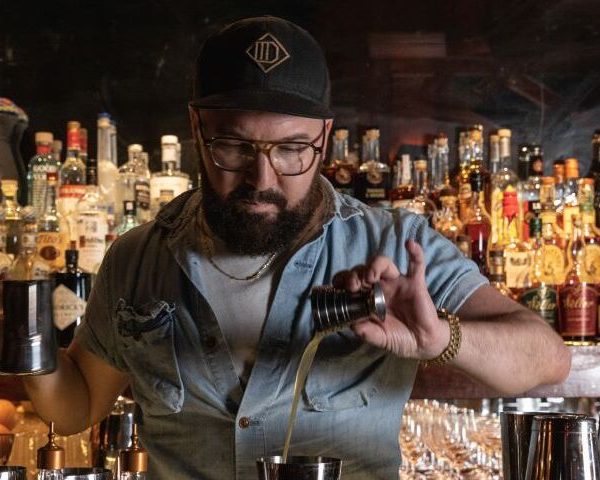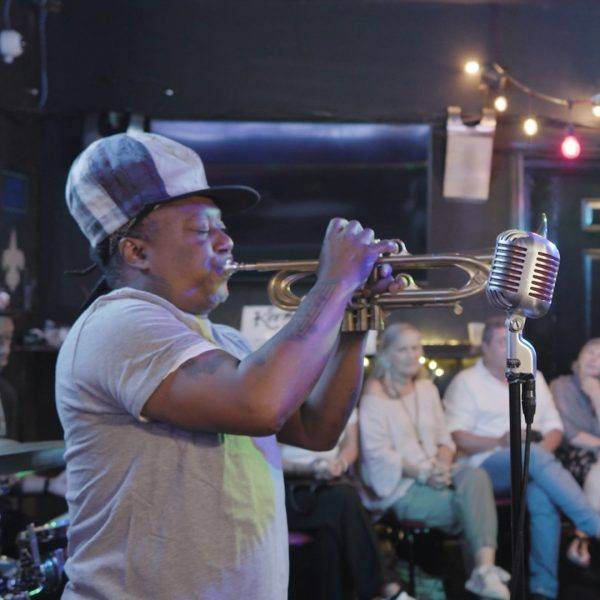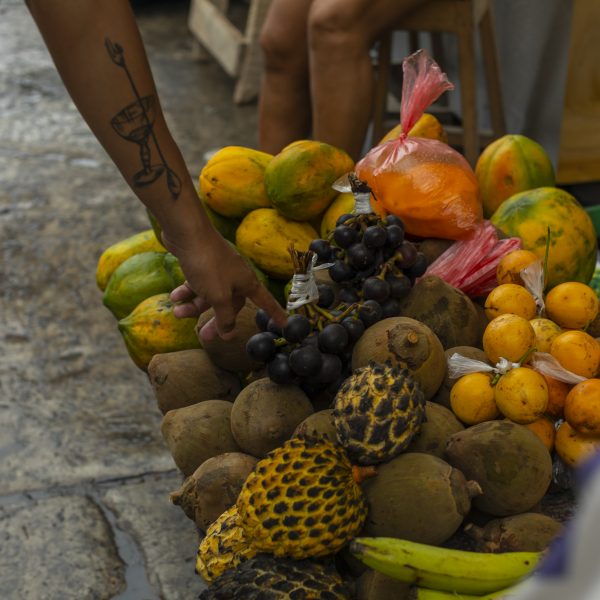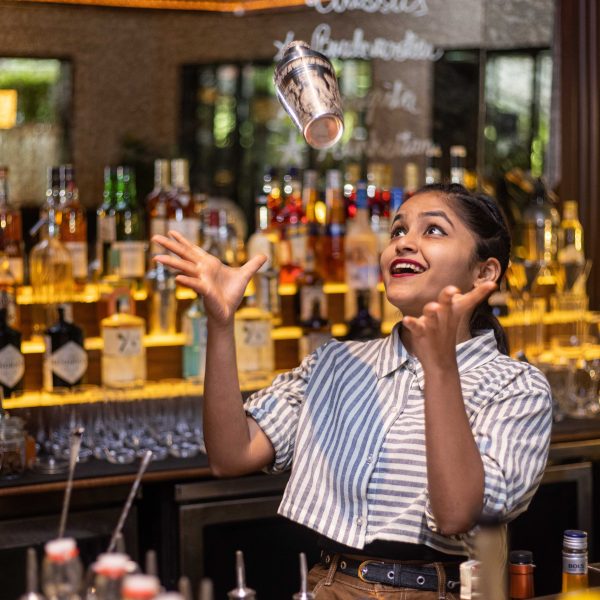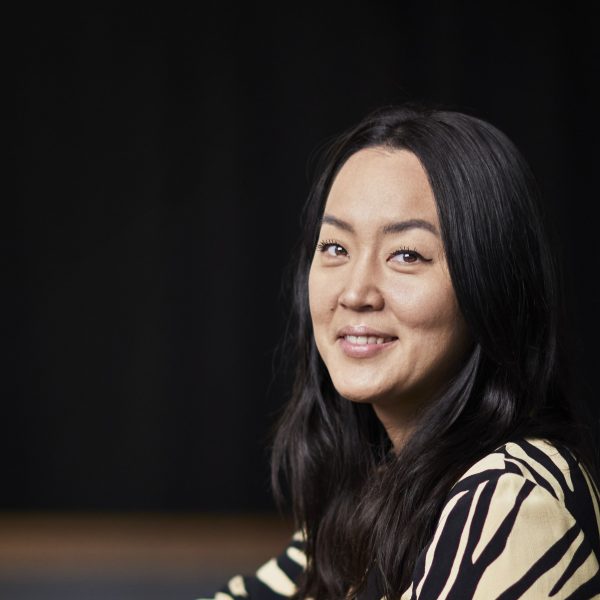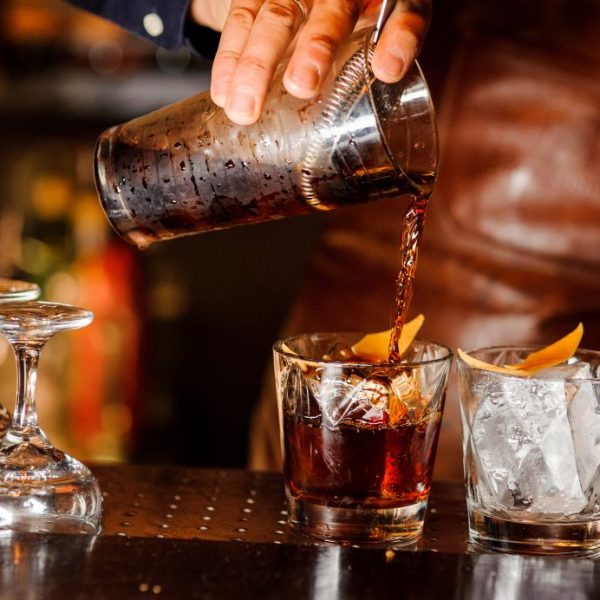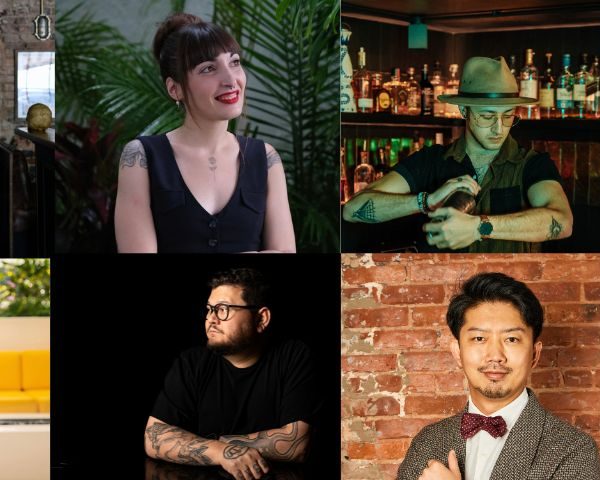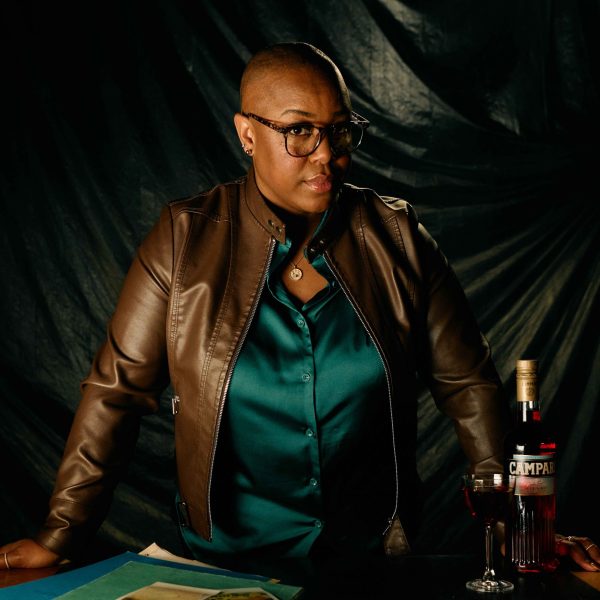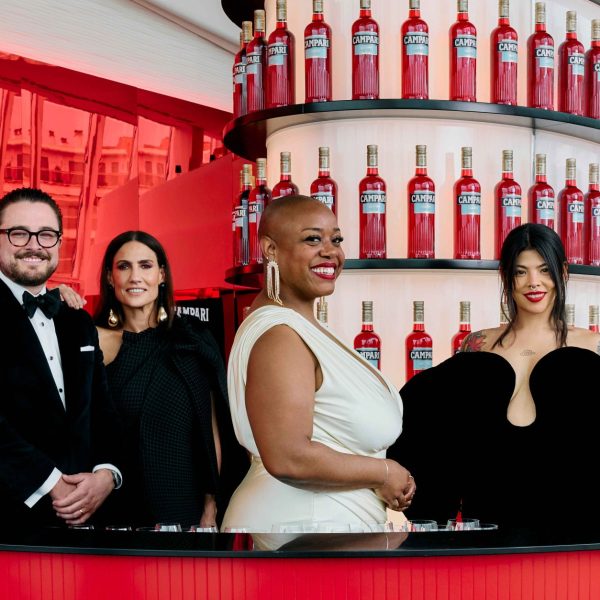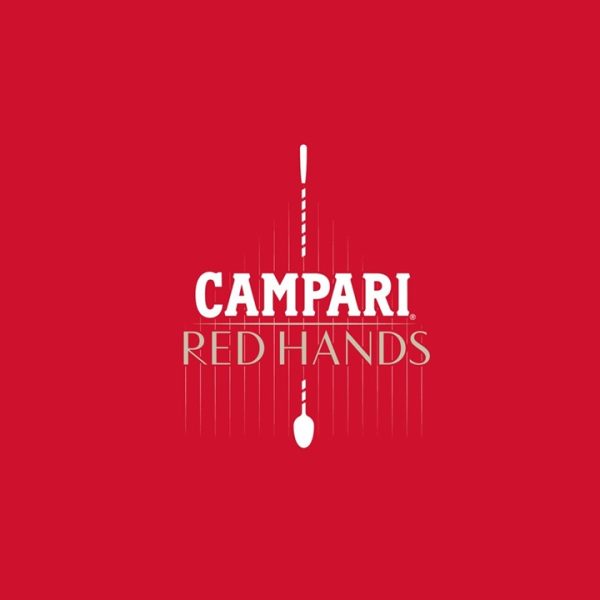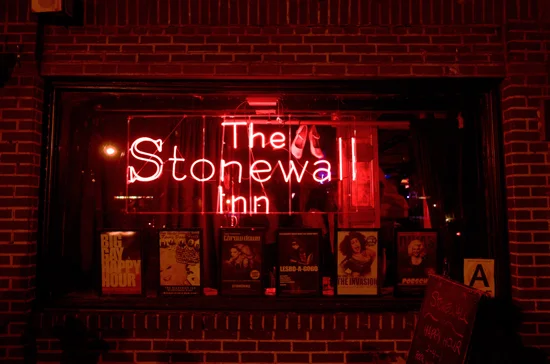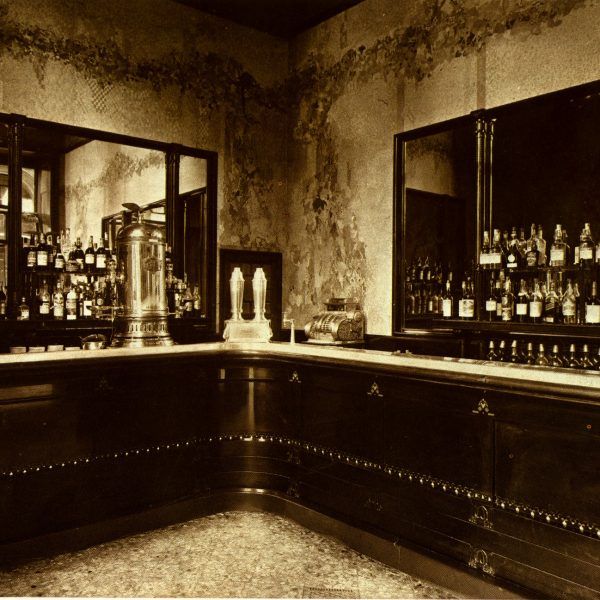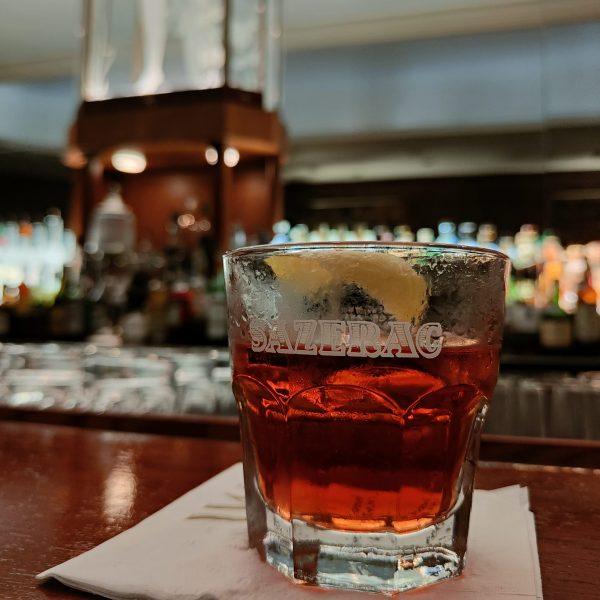Parabere Forum: How Maria Canabal is giving women a voice in the industry
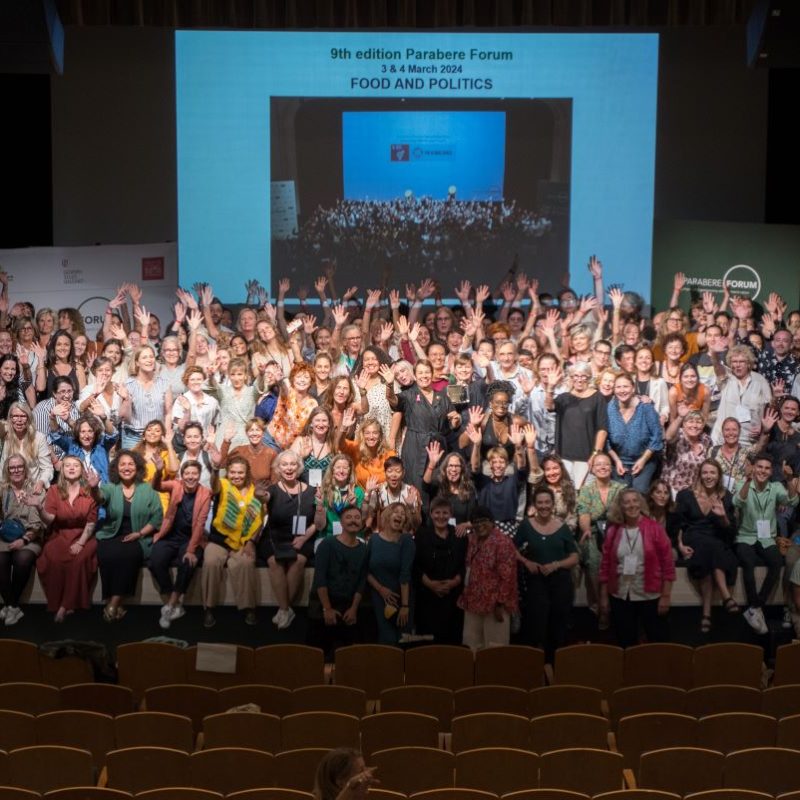
With an 8,000-strong database of professionals and a visionary global conference, the award-winning journalist has shown the power of engaging women across the hospitality industry with Parabere Forum. We speak to Maria Canabal about what drives her, and hear testimonies from three of those voices
When facing the ever-present question about how to empower women in hospitality, Maria Canabal answered with a project in 2015: the Parabere platform, and its yearly international meeting, Parabere Forum. The multi-award winning journalist’s brainchild was, she says, “the first and biggest platform in the world to support diversity, inclusion and gender equality in hospitality.”
When the organisation started, Canabal’s team would go to conferences that didn’t feature women in their lineups or judging panels, and ask them if they were interested in them provide some. Today, nearly 10 years later, Canabal is happy to say that companies are more proactive in including women in their conferences: “Society has reacted to the lack of diversity… Everyone understands that the world is shaping a more diverse environment.”
Canabal vividly remembers what the hospitality landscape looked like when Parabere was born, and just how difficult being a spokesperson for equality was. “I knew it would be hard, but I never thought it would have been as hard as it turned out,” she says. “I lost one of my jobs as a journalist because of it, one of the newspapers I was working for threw me out due to my vision… I would be pointed at as rude and vulgar (in fact I was just very clear and direct), people would tag me as lesbian, as if it was something bad. Male chefs would call me and ask me, “Why are you doing this to me?” I had to constantly specify that supporting women does not mean standing against men, that we must cooperate. Rights are not a pie – more rights for one doesn’t mean less rights for others! It was very hard.”

Serious data
Parabere’s database is made up of 8,000 women from 60 different countries, including chefs, baristas, anthropologists, scientist, bartenders, sommeliers, bakers, farmers and more. Its purpose is to build and consolidate a network, for women in the industry to gain visibility of and interest in their work. Thanks to the Parabere database, it has sent women from its community everywhere: chefs from Italy to Korea for culinary congresses, women from India to universities in Spain to talk about spices, chefs from Sweden to culinary congresses in Mauritius, and chefs from France to be judge in international contests.
The database is completely free, for both the professionals featured and the companies that scan it to find the human resources they need: Parabere is a not-for-profit organisation with the ultimate goal of promoting female entrepreneurship in hospitality. The platform features books, details about The Parabere Care Award, a free mobile app that allows to find gastronomic establishments owned or ran by women (Parabere Gourmet City Guide, launched in 2018 and elected ‘World’s Best food App’ by Gourmand Cookbook Awards) and also a Grant. “The major fuel was to be part of a community,” Canabal says of why she set up the platform. “This sense of belonging is one of the most important things for us – women are too often alone or not part of the business circle, so they lose the opportunity to be in the spotlight, even though they deserve it.”

Changing the system
Cooperation is one of the key pillars for hospitality to move forward, and Parabere Forum pushes to build a healthy international network through its live forums. A different location and theme are picked each year, gathering thought-leaders from all around the world in order to strengthen the influence of women in the food sector.
A bartender who attends one of these forums, for example, will meet a community of women and become a part of it, networking and building mutual support around the world. “Changing location every year allows you to meet local people, discover new cultures and experiment in different environments,” Canabal says of the virtues of this global outlook. And changing theme means that every year is totally different, too (next year’s Parabere Forum will focus on ‘The politics of food’ and will be held in Rome on 3 & 4 March, 2024).
A lot is still to be done for women in hospitality, but Canabal and Parabere are on the front line of making change happen. The main challenge is still the fight against a rooted, toxic culture that’s hard to eradicate in the industry. “What really needs to be understood, is that ‘patriarchy’ is not just rooted in men, it’s a system and a lot of men suffer from it too, because they are not allowed to be themselves. Historically, the group who has the power never wants to lose it. But this is the key point: power has to be shared, as equals, for a collective success.”
Meet the voices of Parabere Forum
Parabere’s power to unite women around the world means that it has a vocal and engaged group of contributors who are helping it strive for change. Here are three testimonies from a trio of world-renowned hospitality professionals who have been active participants of Parabere Forum
Trine Hahnemann – Chef, author, owner and CEO of Hahnemanns Køkken (Copenhagen)
An advocate for Scandinavian food and culture, Trine Hahnemann offers consultancy, cooking classes and workshops around the world. For 23 years she founded and owned a company responsible for more than 3,000 daily lunches in private and public companies in Copenhagen, she sold the company in 2019. She is a true pioneer in sustainable hospitality, a globally acknowledged lecturer, and author of more than 20 cookbooks.
After 30 years in the business, a man’s world, I was very excited to be part of a group of women that were able to make their voices heard and create a safe space; that’s something that goes far beyond money, fame or anything similar. It allowed me to meet amazing women from around of the world and it felt new: it’s very difficult to join the boys’ club, when you’re not invited.
Parabere has helped fuel the feeling that we are not alone, by creating a network we can talk to. There’s a real understanding that we can do things differently: we don’t need a brigade system with the consequent abuse we’re used to, and thanks to female role models, young generations of women are understanding that they can do this too.

For these young women who want to be part of the industry, I suggest to find female mentors they can trust, and build a plan to make themselves heard. Women don’t have the same access to investors or locations as men (those are built in a male world) so they need to ask women mentors to drive them to connections. Don’t be shy, look for help, and provide it when you’re asked to, because without mutual support, we won’t go anywhere.
Next year’s Parabere Forum will be about food and politics. Women in general are more interested in nourishing and being hospitable, making the boundaries between home and restaurant more fluid. It’s a very peculiar and important subject: the actual situation in the world right now makes feeding everyone in a democratic and equal way a crucial topic.
Carina Soto Velasquez – Bartender and bar owner, co-founder of Quixotic Group (Paris)
Born in Colombia, Carina Soto Velasquez moved to Paris as a student, before establishing herself as one of the most successful hospitality entrepreneurs in the French capital. Her versatile Quixotic Group showcases a portfolio of four venues having broken ground in Paris with the world famous Candelaria, back in 2011
The first time I took part in Parabere Forum was in Bilbao, in 2015. I found out about it through a sommelier who was going and I immediately emailed Maria. That edition was quite small, but it was beautiful; every single person present was an inspirational, incredible woman who I didn’t even know about. I cried after every single presentation – it was extremely emotional. It completely changed my behaviour towards my professional life, because at the time, talking about women in the industry was taboo, and I myself was not particularly engaging. We were doing some things in my company, but never openly talked about it.
Parabere Forum made me understand how big of a need we have for this kind of meeting: we need connection and inspiration, from woman to woman. So, I decided I would be part of it, bring my staff, and do my best to be vocal, because there is still a lot of misrepresentation. When I go to bar shows or culinary events, I still see that there are just one or two women among a group of men on panels or juries.

Things are changing slowly and with a few differences around the world: Mexico, for example, has a big community of women behind the bar; South East Asia as well; France is doing OK. The bar industry is more open compared to the chef environment, but perception and education need to change. The more women work at the bar, the more clients will learn about their presence and will gain education about it.
A word of advice: woman are always seen as liabilities in business. If you are married, have children etc there are questions that you need to answer and justify. There’s no perfect age: younger women will be underestimated and paid less, older women will be judged based on personal life. Investors, banks, competitors even real state agents, they are built on archaic/ patriarchy systems that today we still need to fight against. Don’t let anybody say no to you. There will be a lot of people or establishments who will close doors in front of you, especially the older you get. It seems scary, but you just need to fight for it.
Kylie Kwong – Chef and owner of Lucky Kwong, author, Parabere country correspondent for Australia (Sydney)
Award-winning chef, author, restaurateur: Kylie Kwong dedicates her passion and effort to a sustainable and forward-looking cuisine, while also celebrating her Asian heritage and Australian culture. Her work also spans over TV appearances and talks around the world
I first met Maria Canabal in Sydney when she dined in my then Billy Kwong restaurant. I was deeply inspired by the way she championed women in our global hospitality industry with such passion, commitment, courage, tenacity and generosity – she is one of the great feminists of our time.
I was honoured to be invited as one of Parabere Forum’s guest speakers in the March 2019 edition, ‘Changing the game’, held in Oslo. It was one of the highlights of my career, hearing from great industry leaders on the other side of the world, and opening up the opportunity to connect with many of my international food heroes, including Alice Waters, Dominique Crenn, Hélène Darroze, Alice Quillet, Darina Allen and Heidi Bjerkan.

At the time of its founding, our industry did not understand Parabere Forum’s fights and strengths. Back then, to have only-white-male congresses, contests, juries, and panels was totally normal. Thanks to Parabere’s database, it was not possible anymore for a congress, contest, or roundtable organiser to say, “I haven’t invited women because I do not know any or there are no women in this field.” Parabere has 8,000 available! Naming and shaming was part of Parabere’s strategy. It’s worked, but there are still a lot of stereotypes.
The most important thing is to listen to women. When you ask male chefs, “Why are there so little women in high end cuisine?” they answer, “Because they have kids, because it is too demanding, because it is too tough.” When you ask the same question to female chefs their answer is, “Because we are abused, sexually harassed and assaulted, not paid correctly.”
As a young woman entering the world of gastronomy my advice would be to enter with a completely open mind and just go for it. Try and expose yourself to as many different facets of the industry as possible (front of house, back of house, food writing, food producing, farmers markets) – each time you learn a new aspect of the industry it will bring you closer to the specific path you wish to travel down.
There are still so many steps that need to be taken such as diversity in gender, culture and ethnicity in all positions, including management. But there also need to be clear growth opportunities – as business owners we should always try and prepare our staff for the next step in their careers, inspiring them to think about which direction they wish to specialise in, and to explore the options.

